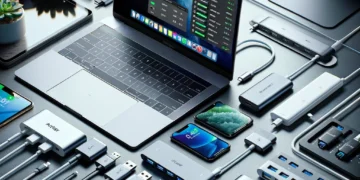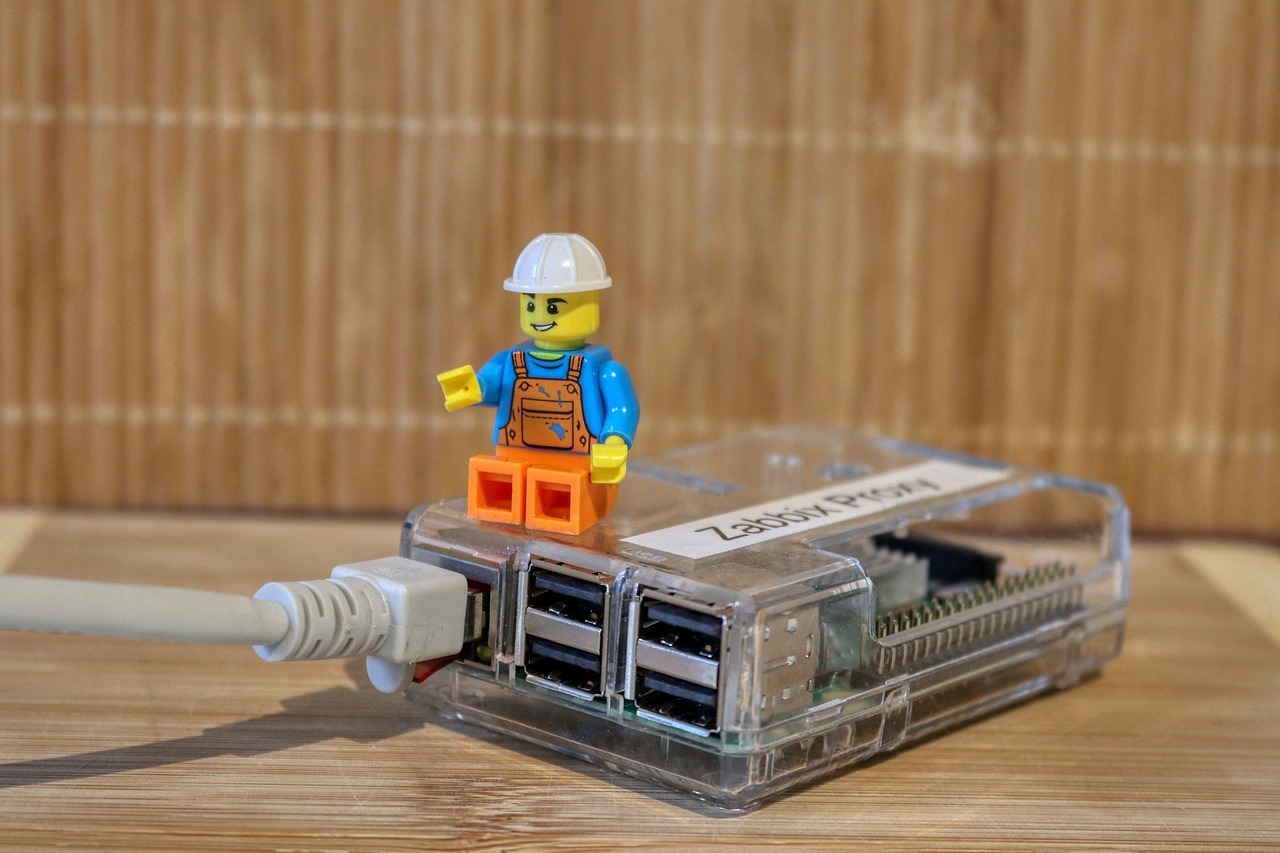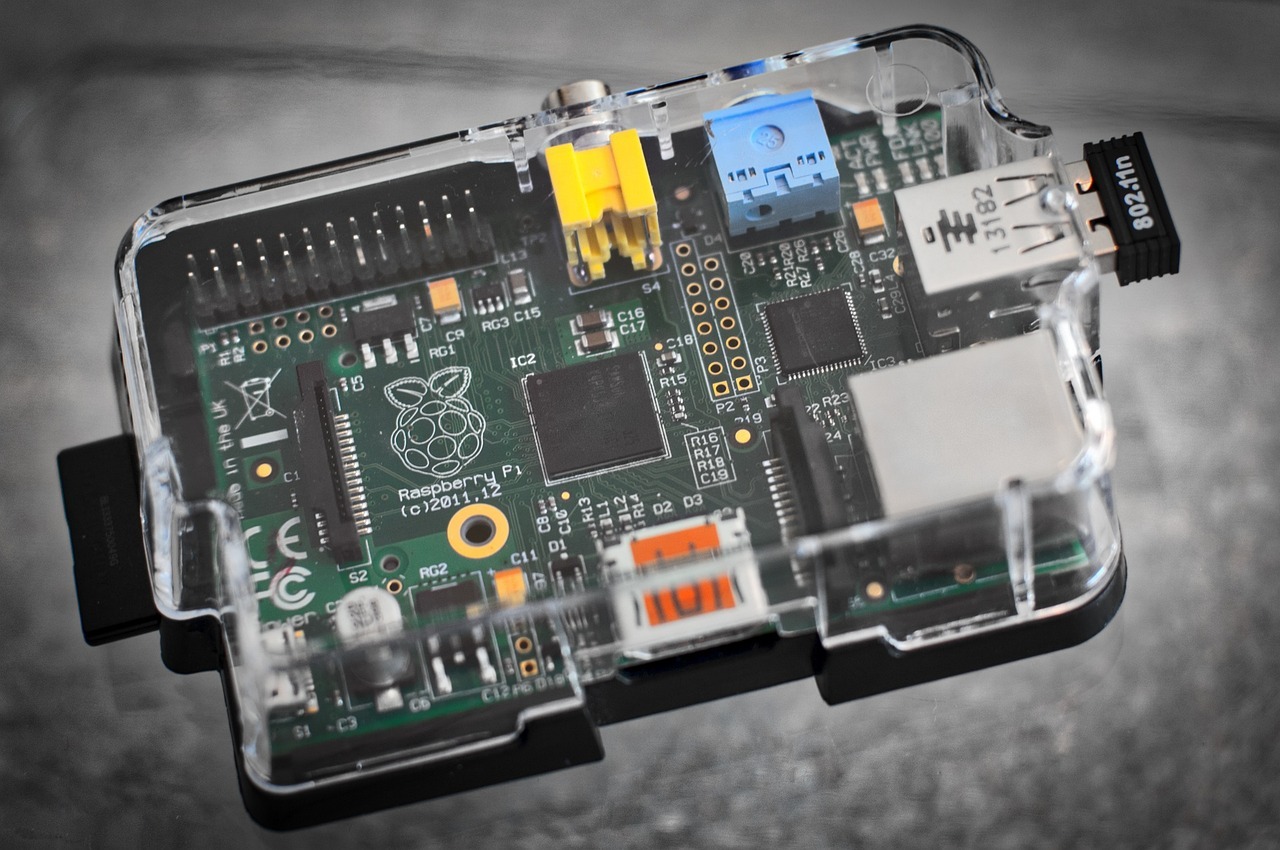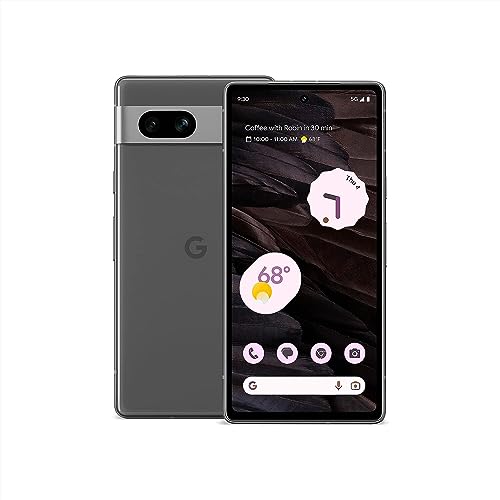Discover how the Google Pixel 8 has finally overcome its connectivity issues and caught up with leading flagship phones like the Galaxy S23. Say goodbye to dropped calls and hello to a reliable and impressive Android device.
Are you tired of dropped calls and poor connectivity on your smartphone? Well, it seems like Google has finally gotten their act together with the release of the Google Pixel 8 series. In the past, Google Pixels were notorious for their lackluster connectivity compared to other smartphones. But fear not, because the Pixel 8 has improved dramatically in this aspect. No more hunting for sweet spots with a 1-bar signal—this phone has finally caught up with the likes of the Galaxy S23. With its feature-packed toolbox and enhanced camera capabilities, the Pixel 8 is definitely a phone worth considering. So, say goodbye to the days of frustration and hello to a reliable and impressive Android device.
Improved Connectivity on the Google Pixel 8
Modem monopolies and misery
If you’ve ever experienced dropped calls or spotty signal on your Google Pixel 6, 6a, 7, or 7a, then you understand the frustration that comes with poor connectivity. Whether you’re in a rural area or dealing with certain building materials, the modems inside these previous Pixel models just couldn’t keep up. One of the main issues lied with the use of Samsung modems in Google’s custom chipset, the Google Tensor G1 and G2. While Samsung is a major player in the smartphone market, their modems simply couldn’t match the performance of Qualcomm modems.
The issue with previous Pixel models
Connectivity problems have plagued previous Google Pixel models, making them less reliable and frustrating to use. Users have reported dropped calls and inconsistent data speeds, which are incredibly inconvenient for both personal and professional use. Rural areas and certain materials, such as concrete or metal, have exacerbated these issues. It’s no wonder that users have become skeptical of the Google Pixel 8’s ability to provide a stable and reliable cellular connection.
Qualcomm’s dominance in modem technology
Qualcomm holds a significant position in the Android market when it comes to modem technology. Their Snapdragon processors are widely used in Android devices, and their modems are ahead of the competition in terms of performance. Even Apple relies on Qualcomm modems for their iPhones. This dominance is due to Qualcomm’s essential patents for broadband modems, which have made it difficult for other companies to release 5G phones without using a Qualcomm-manufactured or Qualcomm-licensed modem. While Mediatek has made progress in the U.S. market, Samsung has faced similar challenges with their Exynos-powered phones. Simply put, Samsung’s modems couldn’t keep up with the requirements of American carrier networks.
Rumors of Google switching to Qualcomm modems
For the past two years, there have been rumors and speculations about Google switching from Exynos modems to Qualcomm modems in their Tensor chipset. The desire to improve connectivity and address the issues faced by previous Pixel models has led to these rumors. While Google Pixel 8 still uses a Samsung modem in the Tensor G3, there are indications that Google has optimized and improved the performance of the modem. Early user experiences suggest that connectivity issues are no longer prominent, but only time will tell if this improvement is lasting.
Optimized performance in the Pixel 8
Despite still using a Samsung modem, the Google Pixel 8 has shown promising performance in terms of connectivity. Google has made efforts to optimize and improve the modem’s performance, resulting in a noticeable improvement compared to previous Pixel models. Users who have tried the Pixel 8 in the first three weeks after launch have reported positive experiences with connectivity. While it is still early to determine the long-term impact, initial feedback suggests that the Pixel 8 has finally achieved the level of consistent signal quality expected from a flagship Android phone.
Positive user experiences with connectivity
Users of the Google Pixel 8 have reported positive experiences with connectivity, with no noticeable issues related to dropped calls or spotty signal. This is a significant improvement compared to previous Pixel models, which were known for their connectivity problems. The absence of these issues has contributed to a more seamless and enjoyable user experience. Android Police staff members have also shared their positive feedback on the Pixel 8’s connectivity performance, further validating the improvement.
Comparison to the Galaxy S23
The Google Pixel 8 has finally caught up to the Samsung Galaxy S23 in terms of reception and performance. This is a noteworthy achievement considering the reputation Samsung has established in the smartphone market. The Pixel 8’s ability to match the connectivity quality of a leading flagship phone further demonstrates the significant improvement Google has made with the Pixel 8’s modem performance.
Additional features and enhancements of the Pixel 8
In addition to improved connectivity, the Google Pixel 8 boasts a range of other notable features and enhancements. The device offers a toolbox of feature drops and camera enhancements, providing users with a comprehensive set of tools for both productivity and creativity. The overall appeal of the Pixel 8 is further enhanced by its impressive performance in terms of both connectivity and additional features.
Conclusion
The Google Pixel 8 has addressed the long-standing connectivity issues that plagued previous Pixel models. With improved modem performance, users can now enjoy a more seamless and reliable cellular connection. The Pixel 8’s ability to match the reception and performance of leading flagship phones is a testament to the significant strides Google has made in optimizing its connectivity capabilities. Combined with its additional features and enhancements, the Pixel 8 offers a compelling option for those seeking a reliable and feature-rich smartphone experience.










![Apple Watch SE (2nd Gen) [GPS 40mm] Smartwatch with Starlight Aluminum Case with Starlight Sport Band S/M. Fitness & Sleep Tracker, Crash Detection, Heart Rate Monitor](https://www.tech-bit.com/wp-content/uploads/2024/06/applewatchse2ndgengps40mmsmartwatchwithstarlightaluminumcase-360x180.jpg)







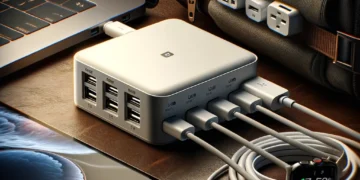



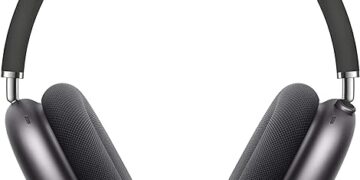

![Apple Watch Series 9 [GPS 45mm] Smartwatch with Midnight Aluminum Case with Midnight Sport Band S/M. Fitness Tracker, ECG Apps, Always-On Retina Display, Water Resistant](https://www.tech-bit.com/wp-content/uploads/2024/06/applewatchseries9gps45mmsmartwatchwithmidnightaluminumcasewith-360x180.jpg)







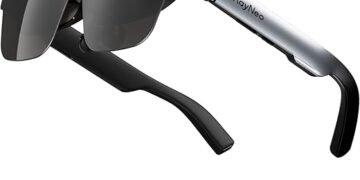

![Apple Watch Ultra 2 [GPS + Cellular 49mm] Smartwatch, Sport Watch with Rugged Black Titanium Case with Black Ocean Band. Fitness Tracker, Precision GPS, Action Button, Extra-Long Battery Life](https://www.tech-bit.com/wp-content/uploads/2024/10/applewatchultra2gpscellular49mmsmartwatchsportwatchwithrugged-360x180.jpg)









